A First: Bridgestone Tires for IndyCar Race Made With AZ-Grown Sustainable Rubber
Guayule is a domestically grown natural rubber from the deserts of southwest America. The post A First: Bridgestone Tires for IndyCar Race Made With AZ-Grown Sustainable Rubber appeared first on The Drive.
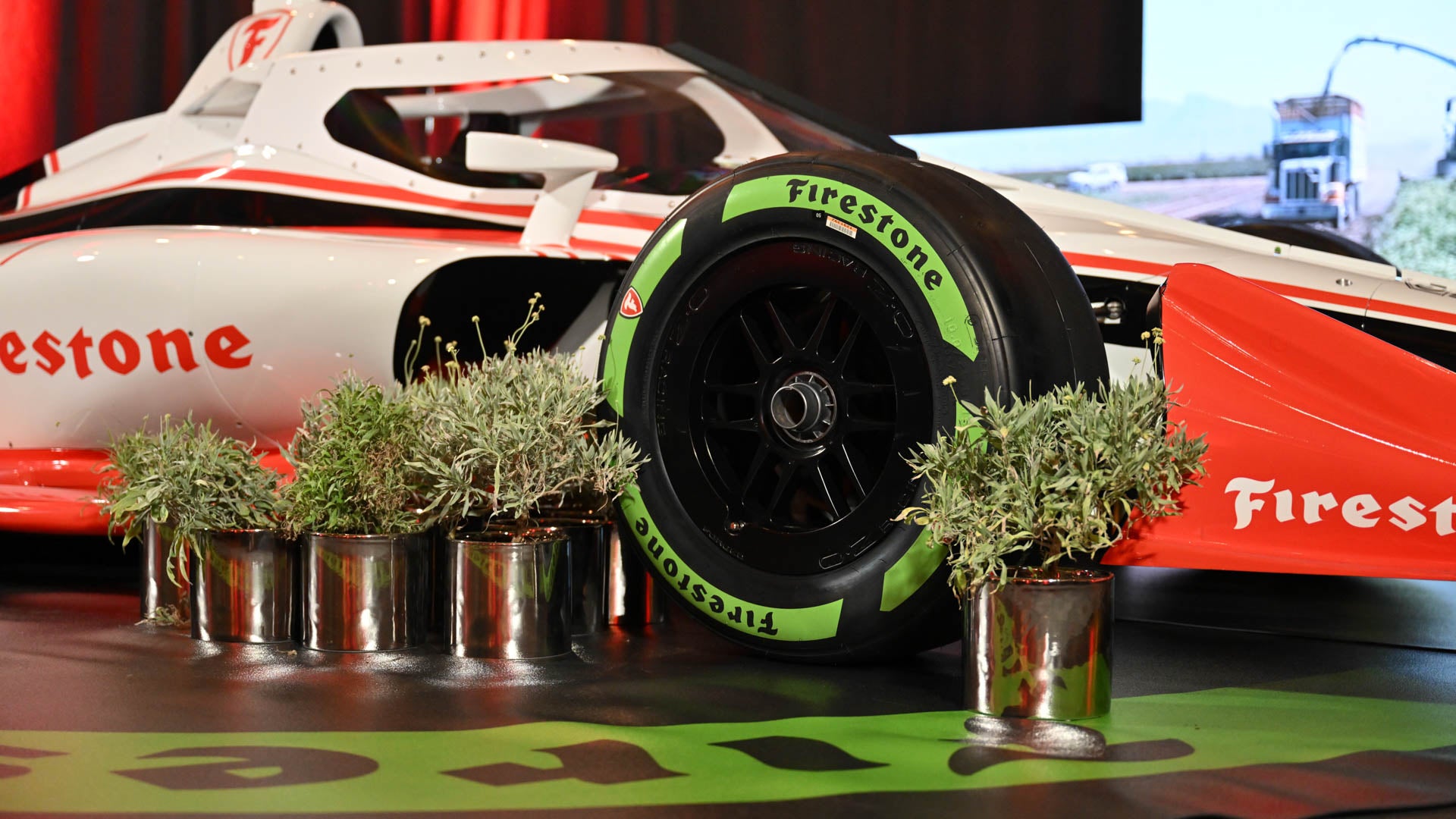
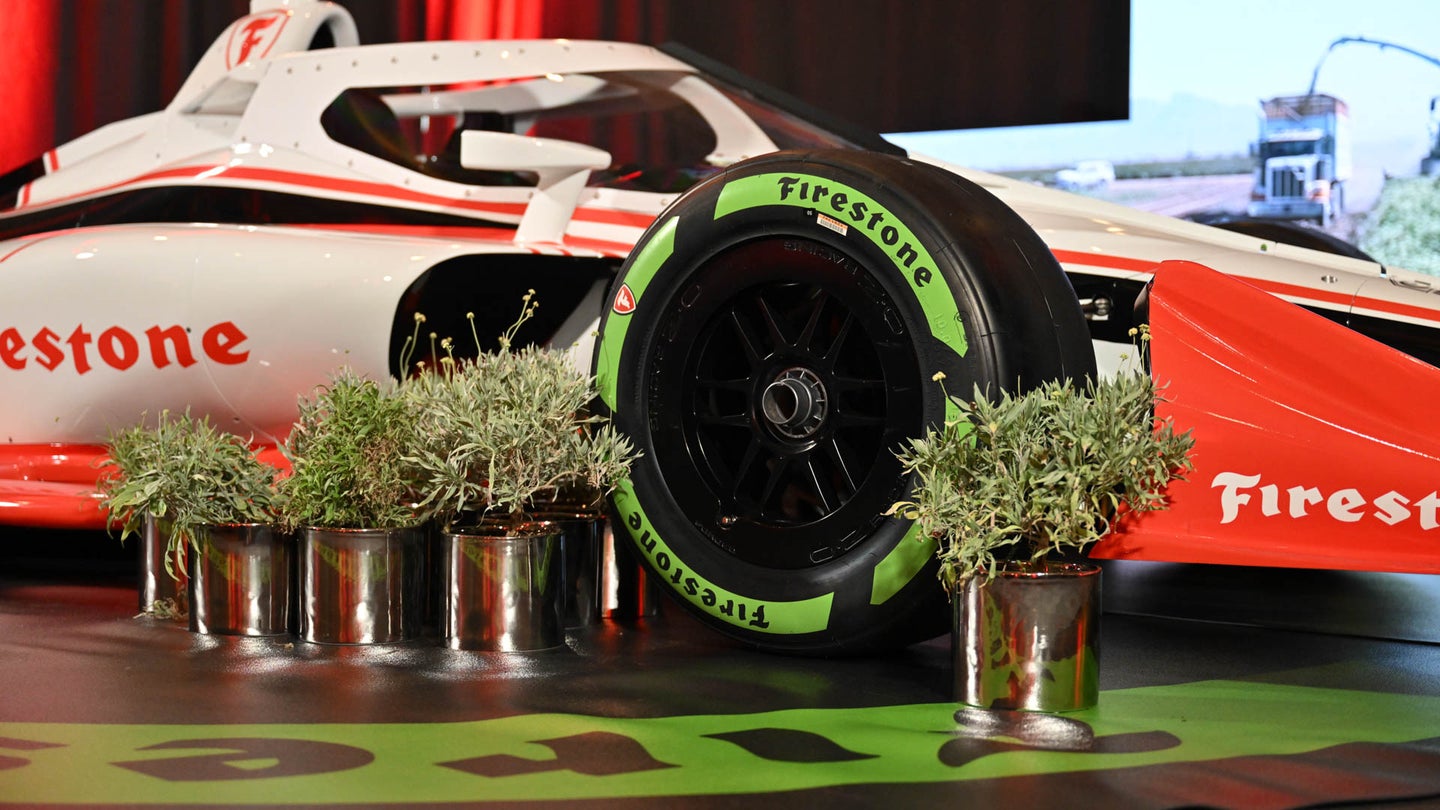
It isn’t just auto manufacturers that are looking to reduce their environmental impact, it’s also part suppliers. Specifically, tire manufacturers. Every major tire manufacturer is looking to lessen the negative environmental impact their tires make and Bridgestone is bringing its latest sustainable tire advancement to IndyCar. The alternate race tire for today’s Music City Grand Prix will be the latest Firestone Firehawk, which uses a sidewall made from sustainably-source desert shrubs.
The desert shrub in question is called guayule, an evergreen shrub that originates from the deserts of the U.S. and northern Mexico. From guayule, Bridgestone is able to extract natural rubber, after putting it through a lengthy manufacturing process. The process is admittedly a bit more extensive than with the para rubber tree (currently the most common source of natural rubber). However, the cultivation time for guayule is shorter and it’s a shrub that can grow in harsh, arid environments, making it a more sustainable domestic source of natural rubber.
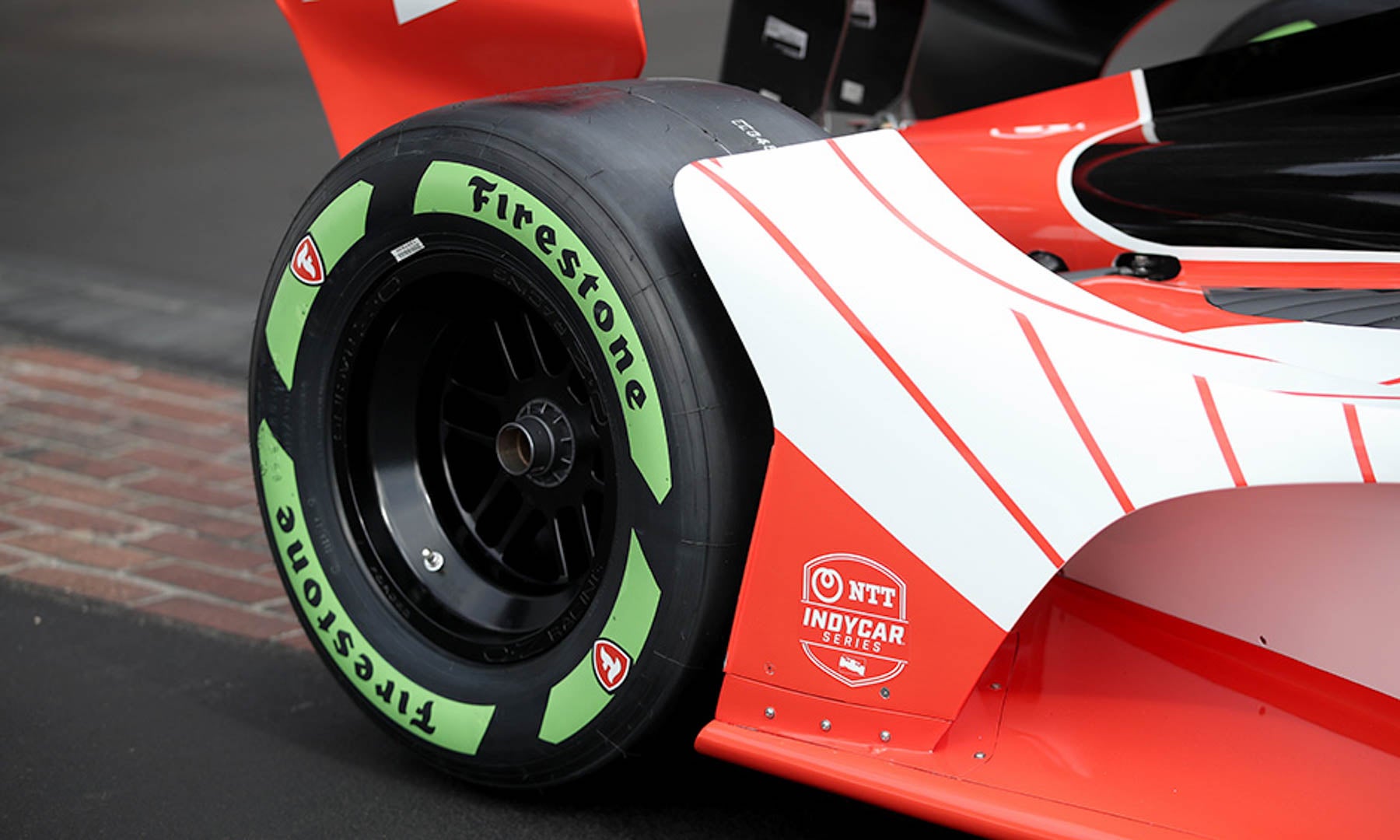
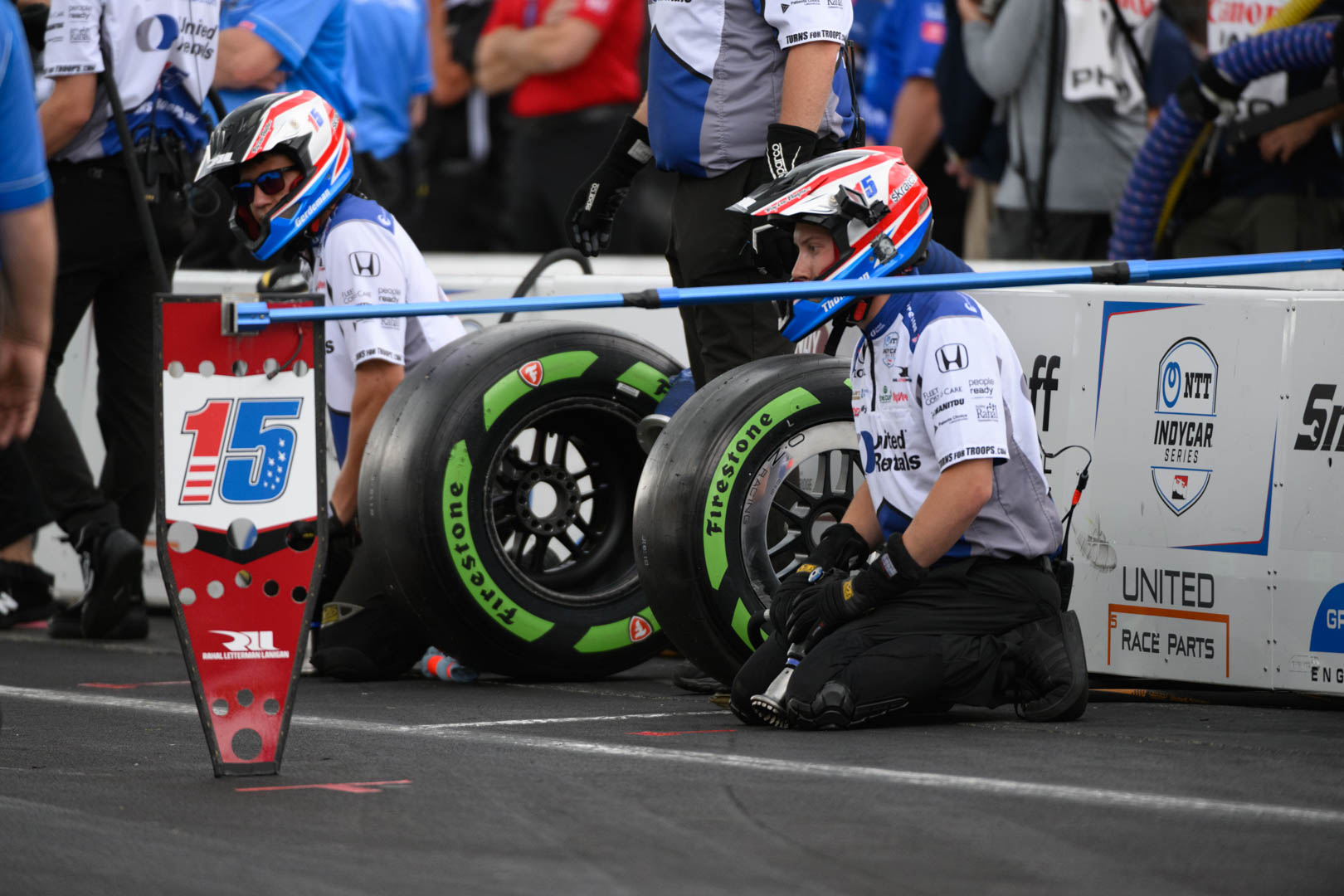
The Firestone Firehawk, will also be the first tire with guayule-sourced rubber to race in motorsport. “The introduction of guayule natural rubber to America’s preeminent open-wheel racing series speaks to the confidence we have in the technology and its potential as a scalable, sustainable and domestic source of natural rubber—a vital raw material,” said Nizar Trigui, Bridgestone America’s chief technology officer. “This milestone represents our commitment to realizing a more sustainable future for tires, racing and mobility.”
One of the benefits of guayule is that it can grow even in extreme heat, in the vast open deserts of North and Central America. It can also be farmed with existing row-crop equipment, so farmers need not invest in fancy hardware. Not only is it a more renewable source of rubber that’s easier and cheaper to farm, it can also drastically reduce shipping emissions and cost. Being able to grow, farm, harvest, and manufacture guayule rubber domestically means not having to import rubber from Asia and South America. Less shipping means fewer ships, fewer carbon emissions, and a lower cost.
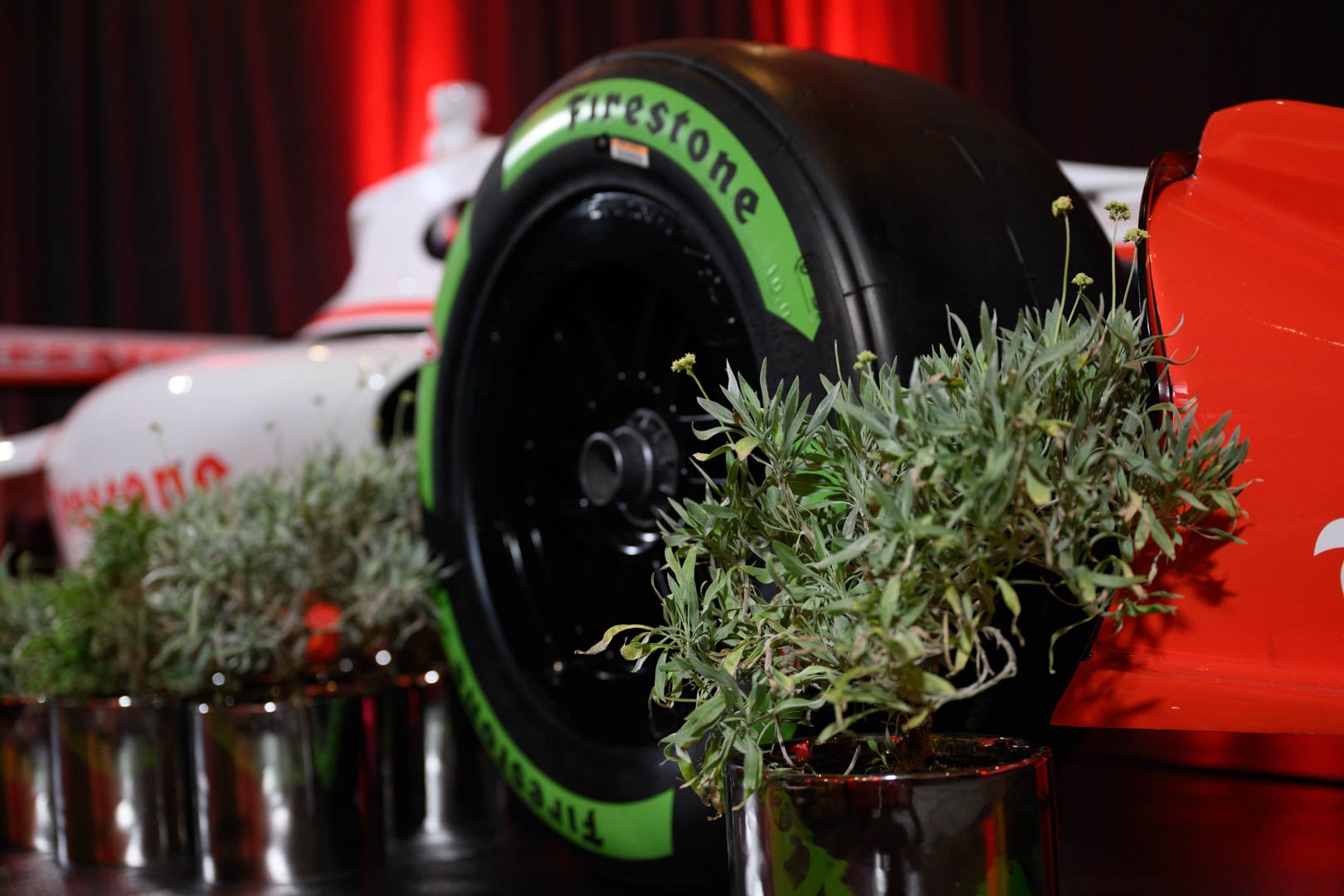
This is a good step toward Bridgestone’s goal to use 100-percent renewable materials by 2050. It’s currently looking into the recyclability of guayule-made tires and how to replace other non-renewable materials, such as oil and silica. And showing it off on track in IndyCar is a good idea, as it will get motorsport fans more interested in such renewable, sustainable technology.
The post A First: Bridgestone Tires for IndyCar Race Made With AZ-Grown Sustainable Rubber appeared first on The Drive.





























